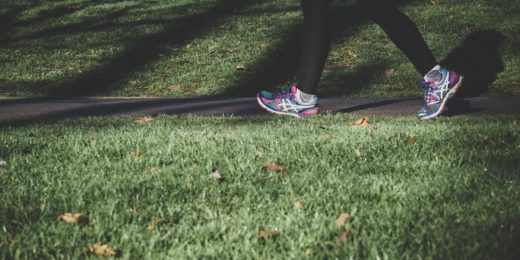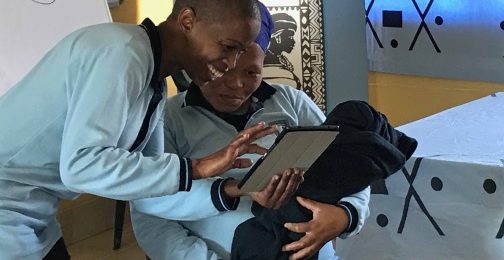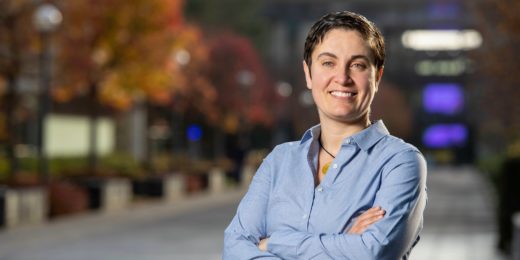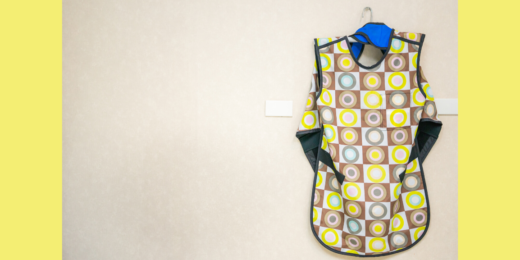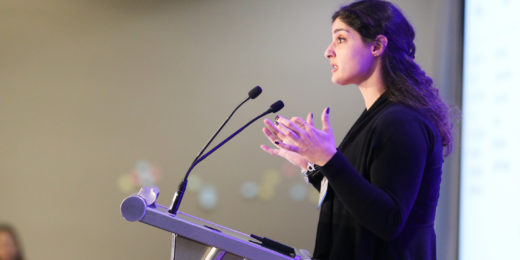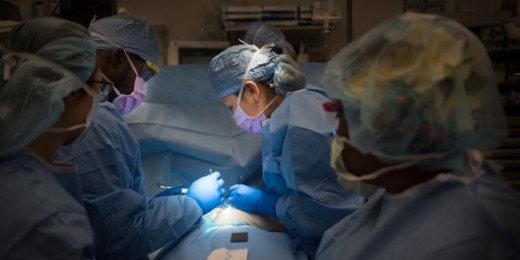Randall Stafford discusses the importance and benefits of physical activity, particularly for aging adults.
Author: Jennifer Huber
A new take on virtual education can promote breastfeeding
Stanford researchers find that "entertainment education" helps teach new mothers about the importance of breastfeeding.
New approach effectively relieves chronic low back pain
Stanford Medicine researchers have developed a type of cognition-based therapy that helps address chronic low back pain.
How to talk with someone about COVID-19 vaccine hesitancy
Stanford researchers investigate vaccine hesitancy and show how to better communication about vaccines to encourage acceptance.
Behind the scenes with a co-director of The PRIDE Study
“Part of what I love about my job is that every day is different,” explained a Stanford OB/GYN when describing her workday — before and during the pandemic.
Physicians re-evaluate use of lead aprons during X-rays
Based on new technologies and improved understanding, physicians are no longer recommending routine use of radioprotective shields for X-ray procedures.
How viruses like the coronavirus can steal our sense of smell
Stanford ENT surgeon discusses how viruses cause a loss of sense of smell, and what you should do about it in the era of the coronavirus pandemic.
Defend or delay? Grad students must decide whether to present their thesis virtually
With the coronavirus pandemic affecting group gatherings, some Stanford graduate students must choose between delaying or remotely defending their research.
Twitter journal clubs: Sharing knowledge from a social distance
Stanford dermatologist Roxana Daneshjou describes the advantages of using Twitter to discuss methods and findings of research papers.
Identifying and addressing gender bias in health care
A Stanford-trained surgeon discusses her research and personal experiences with gender bias in her quest for equality in health care.
Improving cancer prognoses: A radio show
A Stanford oncologist discusses how to improve cancer diagnosis and treatment, including using predictive modeling, liquid biopsies and immunotherapy.
Behind the scenes with a Stanford pediatric surgeon
A day in the life of Stephanie Chao, a Stanford pediatric surgeon, researcher and mother trying to live in the moment and balance the chaos.
“Poor air quality affects everybody” — How to protect yourself and clean the air
A Stanford allergy specialist discusses how we can combat the negative health impacts of air pollution, in California and worldwide.
Designing buildings to improve health
Stanford researchers investigate how to design better buildings that can improve their occupants’ health and productivity.
Eponym debate: The case for biologically-descriptive names
Should diseases be named after people? This conclusion of a two-part series looks at the arguments for using biologically-descriptive names, not eponyms.
Eponym debate: The case for naming diseases after people
Should diseases be named after people? This first of a two-part series includes arguments to continue using medical eponyms.


